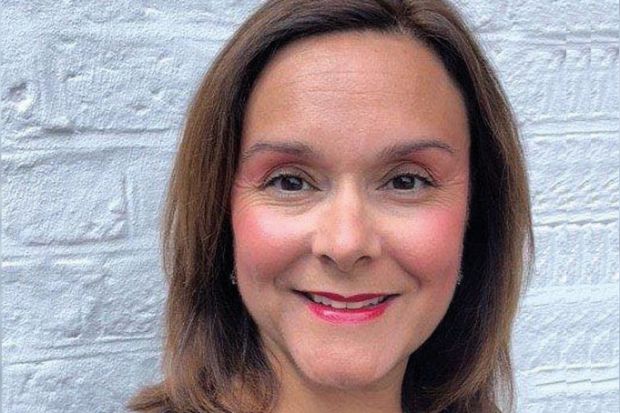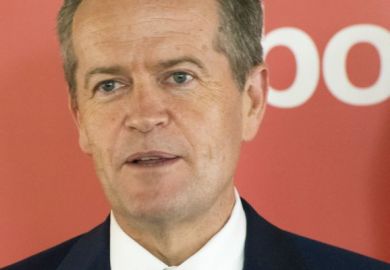A union has criticised the University of East London (UEL) after it struck deals to house two companies with which its vice-chancellor had links, but the university says she “declared potential conflicts of interest and recused herself” from the deals.
Amanda Broderick was appointed UEL vice-chancellor and president in 2018, leaving a post as a paid visiting professor at the University Campus of Football Business (UCFB), a for-profit provider.
In October 2020, UEL announced that UCFB would become a college of the university and that UEL would validate its degrees.
Minutes from a March 2019 UEL board of governors meeting state it was “noted that the chair of the board [then Geoff Thompson] and the vice-chancellor and president had dealt with UCFB or a UCFB executive professionally in the past, although neither had a personal interest in UCFB to declare”.
Minutes from a May 2020 board meeting state that “the vice-chancellor and president declared an interest in relation to the item on the UCFB partnership. It was noted that the VCP had undertaken paid work for UCFB in the past, prior to her employment at UEL.”
Professor Broderick’s former roles also include serving as chief strategy adviser to In Professional Development (InPD), a for-profit professional training provider, which UEL said was an unpaid role.
Since last year, there has been an Institute of Government and Public Policy (IGPP) at UEL, running conferences on policy issues and describing itself as “based within the Royal Dockland School of Business and Law, University of East London”.
The IGPP is registered with Companies House as a company limited by shares, ultimately owned by four individuals – who comprise four out of the five owners of InPD.
InPD says on its website that it is “proud to be an academic partner of Institute of Government and Public Policy. IGPP provides a platform for In Professional Development to engage with and influence the wider skills and training agenda, ensuring our sector has a voice at national and policy level.”
Until last month, Professor Broderick was listed on InPD’s website as its chief strategy adviser. That reference was removed after Times Higher Education put questions to UEL.
Barry Jones, a regional official with the University and College Union, said: “There are clearly potential conflicts of interest for vice-chancellor Broderick if UEL has been entering into financial agreements with companies that the vice-chancellor has links to. We need to see evidence that due diligence took place before UEL made these deals.”
A UEL spokesman said: “Due diligence was undertaken on the contracts with UCFB and IGPP. Professor Broderick declared potential conflicts of interest in both instances and she recused herself from decision-making processes.”
He added: “Professor Broderick’s paid visiting professorship role with UCFB and unpaid advisory role with InPD concluded in 2018.” Those “interests were declared and minuted to the board of governors and/or the university executive board as appropriate, with the vice-chancellor and president recusing herself for all related decisions, negotiations and contract conclusions”, he said.
The spokesman continued: “Professor Broderick has never received any benefits, paid or otherwise, from InPD or IGPP, and her visiting professorship with UCFB concluded on her appointment as vice-chancellor and president for the University of East London in 2018.”
On the two sets of minutes from March 2019 and May 2020, the spokesman said that “the facts of the matter were declared and remained the same at both board meetings”, but the minutes “may reflect the good governance journey the board of governors has progressed through over the last three years raising the bar from considerations of actual conflict of interest…to potential conflicts through to also evaluating perceived conflicts of interest”.
Register to continue
Why register?
- Registration is free and only takes a moment
- Once registered, you can read 3 articles a month
- Sign up for our newsletter
Subscribe
Or subscribe for unlimited access to:
- Unlimited access to news, views, insights & reviews
- Digital editions
- Digital access to THE’s university and college rankings analysis
Already registered or a current subscriber? Login







